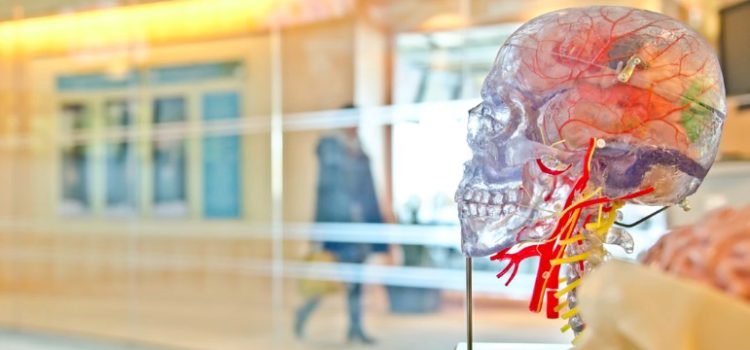What are System 1 and System 2 thinking? How do they work in concert, and when should you rely on one or the other? System 1 and System 2 thinking are two systems of thinking defined by Daniel Kahneman in Thinking, Fast and Slow. Generally, System 1 thinking is fast and System 2 thinking is slow. We’ll cover how System 1 and System 2 thinking work together and when you should use one or the other.
System 1 and System 2 Thinking: Use Both to Make the Best Decisions










